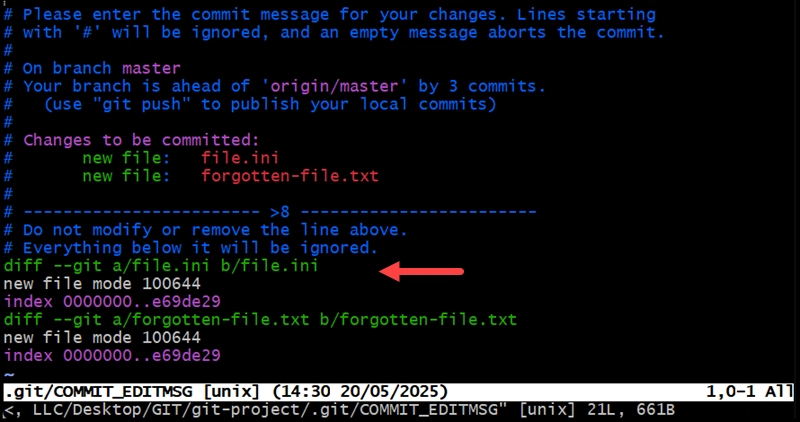If you’ve ever dabbled in Linux, you’ve probably come across the /etc directory. But what exactly is it, and why is it so important? Think of /etc as the brain of your Linux system—it’s where all the important configuration files live. Without it, your system wouldn’t know how to function. Let’s break it down in simple terms and explore why this directory is so crucial.
What is the /etc Directory?
The /etc directory is a special folder in Linux that holds system-wide configuration files. These files tell your system how to behave, from setting up your network to managing user accounts. The name /etc originally stood for “et cetera,” but over time, it became the go-to place for configuration files.
Why is the /etc Directory Important?
Centralized Configuration
All the settings for your system and installed software are stored here. This makes it easy to manage and modify your system’s behavior.System Control
Want to change how your network works? Or maybe tweak your web server settings? The/etcdirectory is where you’ll find the files to do that.Critical for Booting
During startup, your system reads files from/etcto know what services to start and how to configure them.
Common Use Cases of the /etc Directory
Here are some examples of what you’ll find in /etc and how it’s used:
-
Network Configuration
Files like/etc/hostsand/etc/resolv.confmanage your system’s network settings. For example-
/etc/hosts: Maps hostnames to IP addresses. -
/etc/resolv.conf: Configures DNS servers.
-
-
User Management
-
/etc/passwd: Stores user account information. -
/etc/shadow: Contains encrypted passwords for users.
-
-
Service Configuration
-
/etc/ssh/sshd_config: Configures the SSH server for secure remote access. -
/etc/apache2/: Holds settings for the Apache web server.
-
-
System Behavior
-
/etc/fstab: Defines how storage devices are mounted. -
/etc/crontab: Manages scheduled tasks.
-
Why Should You Care About /etc?
Understanding the /etc directory is essential for anyone managing a Linux system. Whether you’re troubleshooting, setting up a new service, or customizing your system, you’ll likely need to edit files in /etc. But be careful—these files are critical, and a small mistake can cause big problems.
Tips for Working with /etc
- Always Back Up: Before making changes, create a backup of the file you’re editing.
-
Use a Text Editor: Tools like
nanoorvimare great for editing configuration files. -
Read Documentation: Many files in
/etchave comments explaining what each setting does.
The /etc directory might seem intimidating at first, but it’s the backbone of your Linux system. By understanding its purpose and contents, you’ll gain more control over your system and become a more confident Linux user. So next time you’re exploring your system, take a peek inside /etc; you’ll be surprised at how much it reveals about how your Linux machine works!
